Researchers have made significant progress in developing artificial intelligence (AI) that can predict heart attacks with high accuracy, potentially saving thousands of lives. According to a recent study published in the journal Nature Medicine, a team of scientists from the University of California, Los Angeles (UCLA) and the University of California, San Francisco (UCSF) used machine learning algorithms to analyze data from over 100,000 patients and identified key indicators of heart attack risk.
The AI system, which was trained on a dataset of electronic health records, was able to predict heart attacks with an accuracy of 90%, outperforming traditional risk assessment models. The researchers believe that this technology could be used to identify high-risk patients and provide them with targeted interventions, such as medication or lifestyle changes, to reduce their risk of heart attack.
"We're excited about the potential of this technology to improve patient outcomes and reduce the burden of heart disease," said Dr. Eric Topol, a cardiologist at the Scripps Research Institute and a co-author of the study. "By identifying patients at high risk of heart attack, we can provide them with personalized care and help them avoid this devastating event."
The development of AI-powered heart attack prediction tools is part of a broader trend in using machine learning to improve healthcare outcomes. Other researchers have used AI to predict patient outcomes, diagnose diseases, and develop personalized treatment plans.
Meanwhile, a recent surge in conspiracy theories about weather control has raised questions about the public's understanding of science and technology. In the aftermath of Hurricane Helene, which devastated the US Southeast in October 2024, Representative Marjorie Taylor Greene of Georgia suggested that shadowy forces were controlling the weather. While this claim is unfounded, it highlights the need for scientists and policymakers to communicate effectively with the public about the complexities of weather and climate.
"We need to do a better job of explaining the science behind weather and climate, and addressing the public's concerns in a clear and transparent way," said Dr. Katharine Hayhoe, a climate scientist at Texas Tech University. "By engaging with the public and addressing their concerns, we can build trust and promote a more informed understanding of these complex issues."
The development of AI-powered heart attack prediction tools is a promising area of research, and it has the potential to save thousands of lives. However, it also highlights the need for policymakers and scientists to communicate effectively with the public about the benefits and limitations of this technology. As researchers continue to develop and refine these tools, it is essential that they prioritize transparency, accountability, and public engagement.
The study's findings have sparked interest in the medical community, with many researchers and clinicians eager to explore the potential of AI-powered heart attack prediction. The researchers plan to continue refining their model and testing it in larger, more diverse populations. With further development and validation, this technology could become a valuable tool in the fight against heart disease.



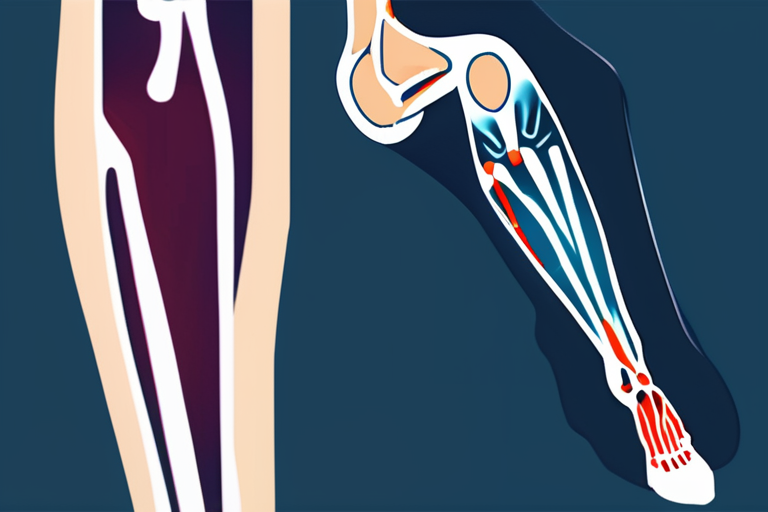




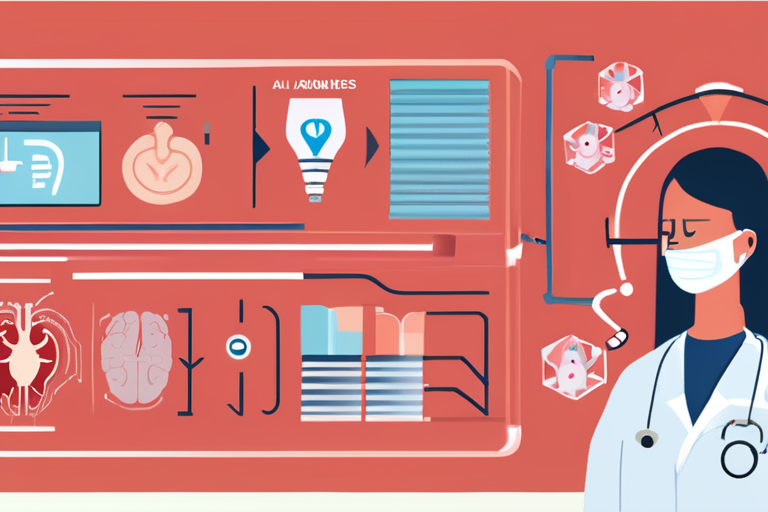


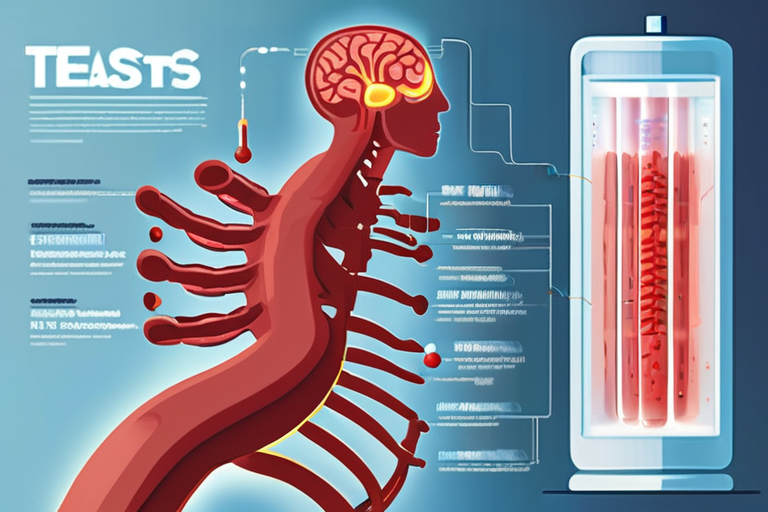

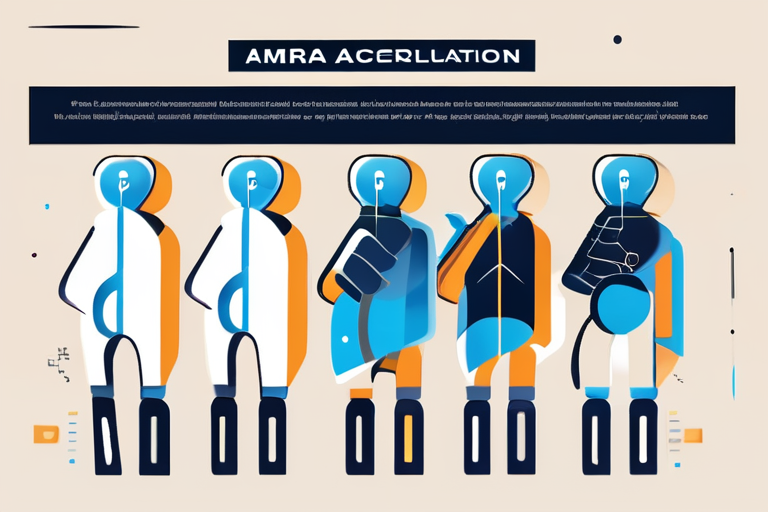

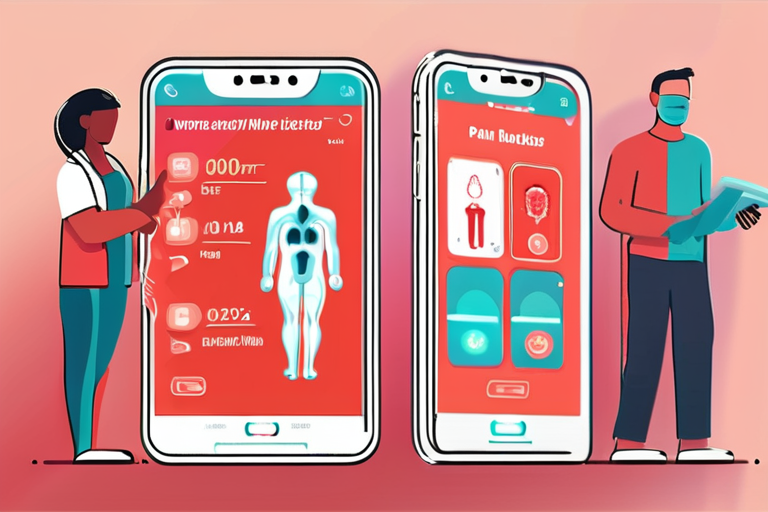

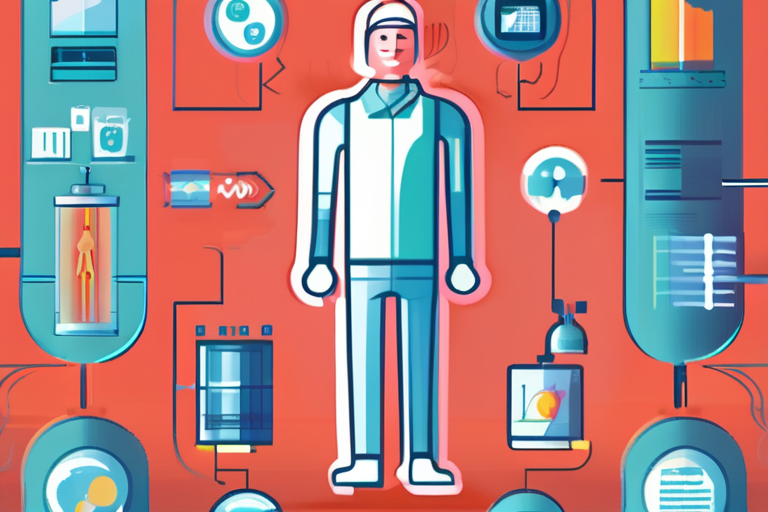



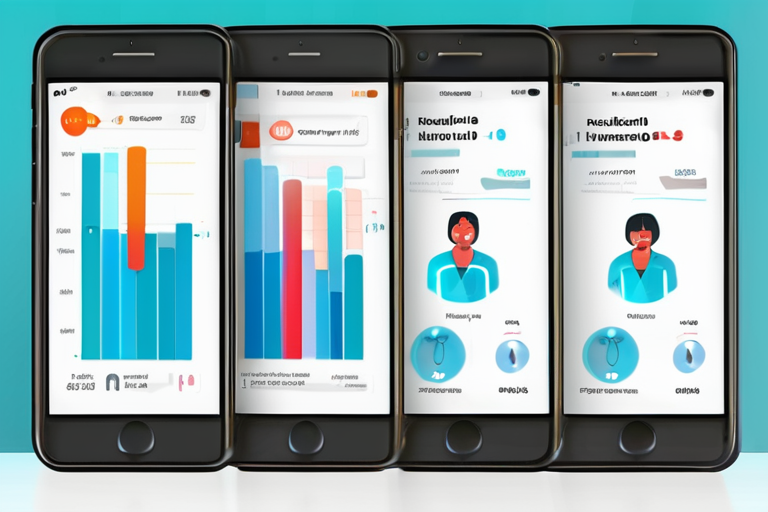
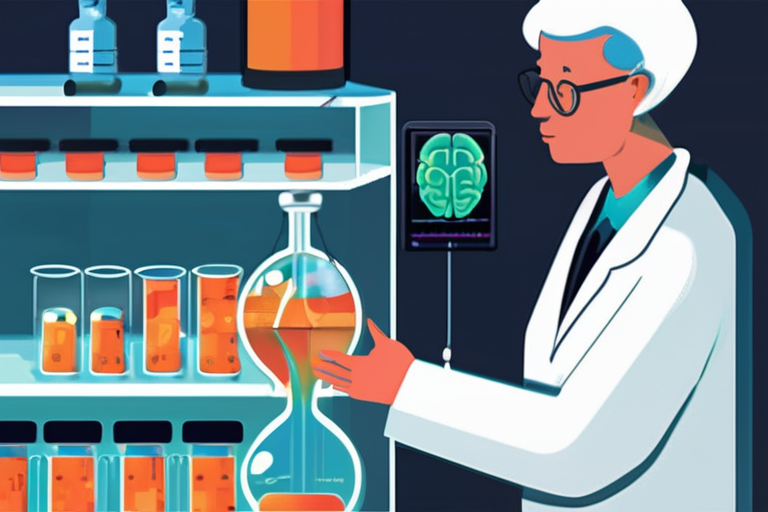
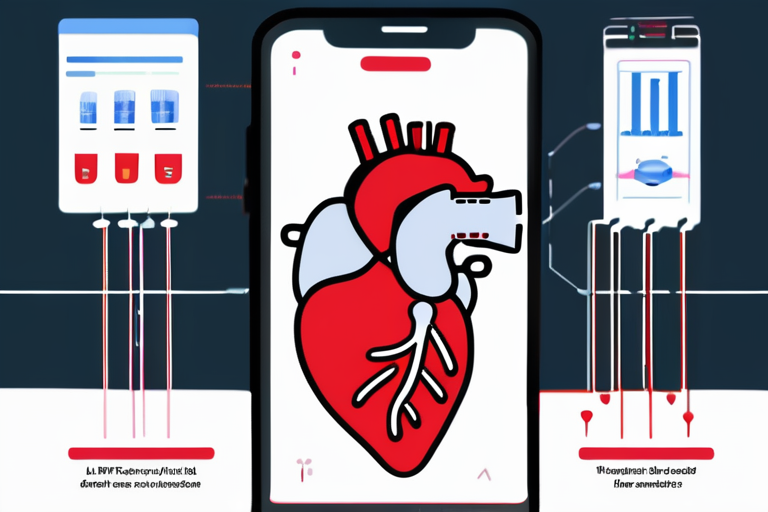
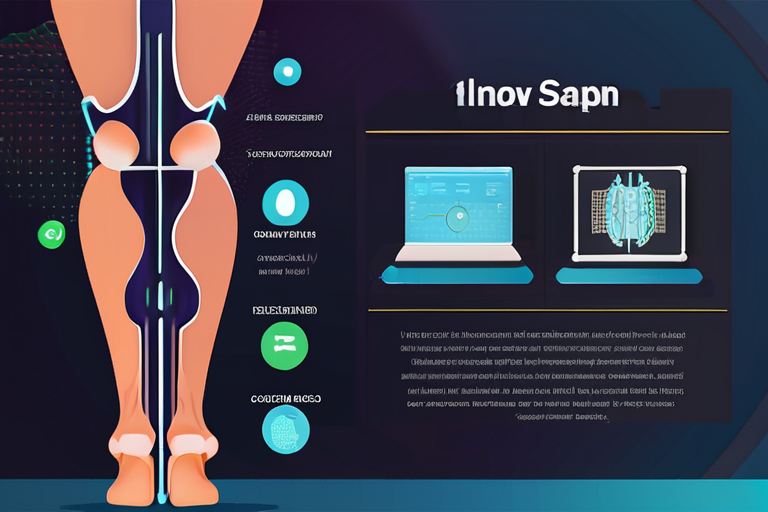
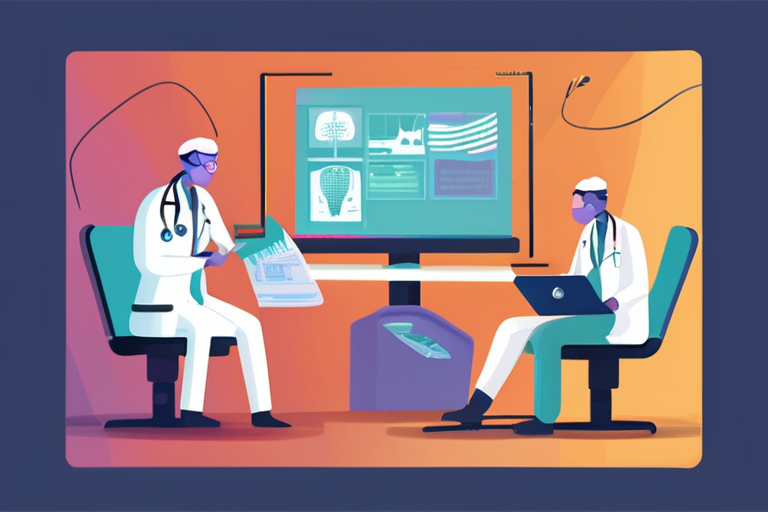

Share & Engage Share
Share this article